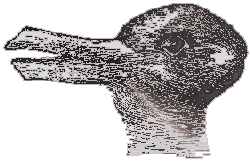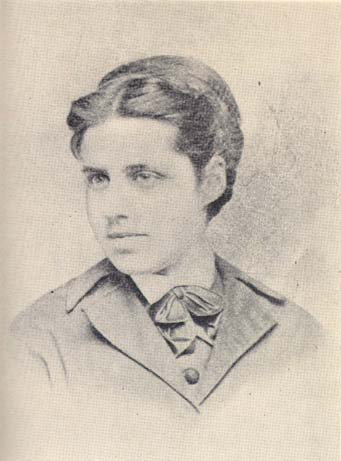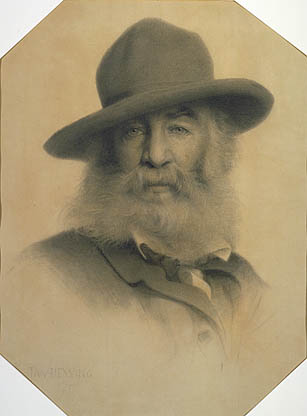ENGL 270 American Literature |
Gregory Eiselein | Fall 2002
Appreciation Paper
The purpose of this assignment is to practice and refine appreciation skills. As noted on the syllabus, "appreciation" in this course means the ability to explain to someone else a text's significance and value.
Select a poem from either Emma Lazarus's
Selected Writings or Walt Whitman's
Leaves of Grass. It may be a poem we've discussed in class or some other poem in either volume. Imagine that a friend has also read this poem, and that she or he dislikes it. Imagine too the reasons why your friend does not appreciate the poem or recognize its worth or even its meaning. The last time you talked he or she simply just dismissed the poem. Now, in a calm and reflective mood, you would like to explain to your friend what he or she might have missed or overlooked.
Write a three to five page letter to this friend (who does not attend K-State and does not live in Manhattan). State your reasons for thinking the poem interesting, significant, or valuable; and then explain to this friend the importance you find in the poem.
Make your reasons clear; make your explanation convincing by providing evidence (quotations from the poem itself) to support your ideas; and create interest and enthusiasm for the text by discussing it in a specific and detailed manner.
Proposals. I will need a proposal from everyone sometime before October 6. I can accept three different kinds of proposals: a conference with me (please see me to schedule a time); a typed one-paragraph proposal that indicates the text you've selected and gives a preliminary indication of what you would like to do with the topic; or a one-paragraph post to the course listserv. The advantage of the third option is that you can try out some of your ideas on the class.
Workshop. On Wednesday, October 9, we will devote most of the class period to an in-class writing workshop on this paper. Please bring a typed, complete rough-draft of your essay to class.
Due Date. Wednesday, October 16.
Length. Three to five typed, double-spaced pages.
What-I'm-Really-Looking-For. When I read these letters, my major focus will be on how well you've explained the importance and meaning that you see in the poem's worth. In deciding how good the explanation is, I look for the following: papers that directly address the question of the poem's significance and value; papers that make specific and direct references to the text under consideration; and papers that are organized clearly enough so that anyone in the class could read your letter to your friend and follow what was going on. Make sure that your main points are clear and that you explain your ideas clearly by using direct quotations to the texts that you're writing about. You'll also want the letter to proofread and edited.
Specific References to the Text. For this assignment, you will not need a bibliography, but you will want to quote often from the text you're discussing. Indicate the location of the specific passage by including the page number in parentheses at the end of the quotation. For example:
This public mark of Jewish identity, legislated by the Fourth Latern Council in 1215, allows Christians to "breathe freely now, not fearing taint" (184), while encouraging children to mistreat those marked with the red disk: "When one appears therewith, the urchins know / Good sport's at hand; they fling their stones and mud" (185).
Revisions. After I return your papers (on October 23 probably), please read my comments. If at that point, you would like to revise your paper, please do so. Revisions would be due on October 30. You will also have the opportunity to revise the Independent Project. As I mentioned earlier, a revision does not automatically receive a better grade. The revision must be substantially improved. It must demonstrate significant change in ideas and focus, arrangement and organization, or evidence and development. Simply correcting typos or making editing corrections will not change the grade.
To submit a revision, you need to: 1) Write a summary explaining why and how you revised—for example, how and why you decided to change the focus and organization; why you deleted or added a certain part; why and how you rearranged information; and so on. 2) Hand-in your revision, your original paper or project, and my original comments along with your summary explaining the changes.
Revisions that don't meet these criteria (arriving by the deadline, offering substantial change, providing a summary of changes, and enclosing the original version) will be returned unread.
Let's Talk. If you have questions or concerns about your paper or you just want someone to bounce some ideas off of, please drop by the office to talk with me. I enjoy talking with students about their work, so please don't hesitate to drop by. I'll be in my office during my office hours (Monday and Wednesday 10:30-11:30). If those times don't fit with your schedule, I would be happy to set up some other time to meet with you.
 Gregory Eiselein
Gregory Eiselein Gregory Eiselein
Gregory Eiselein
